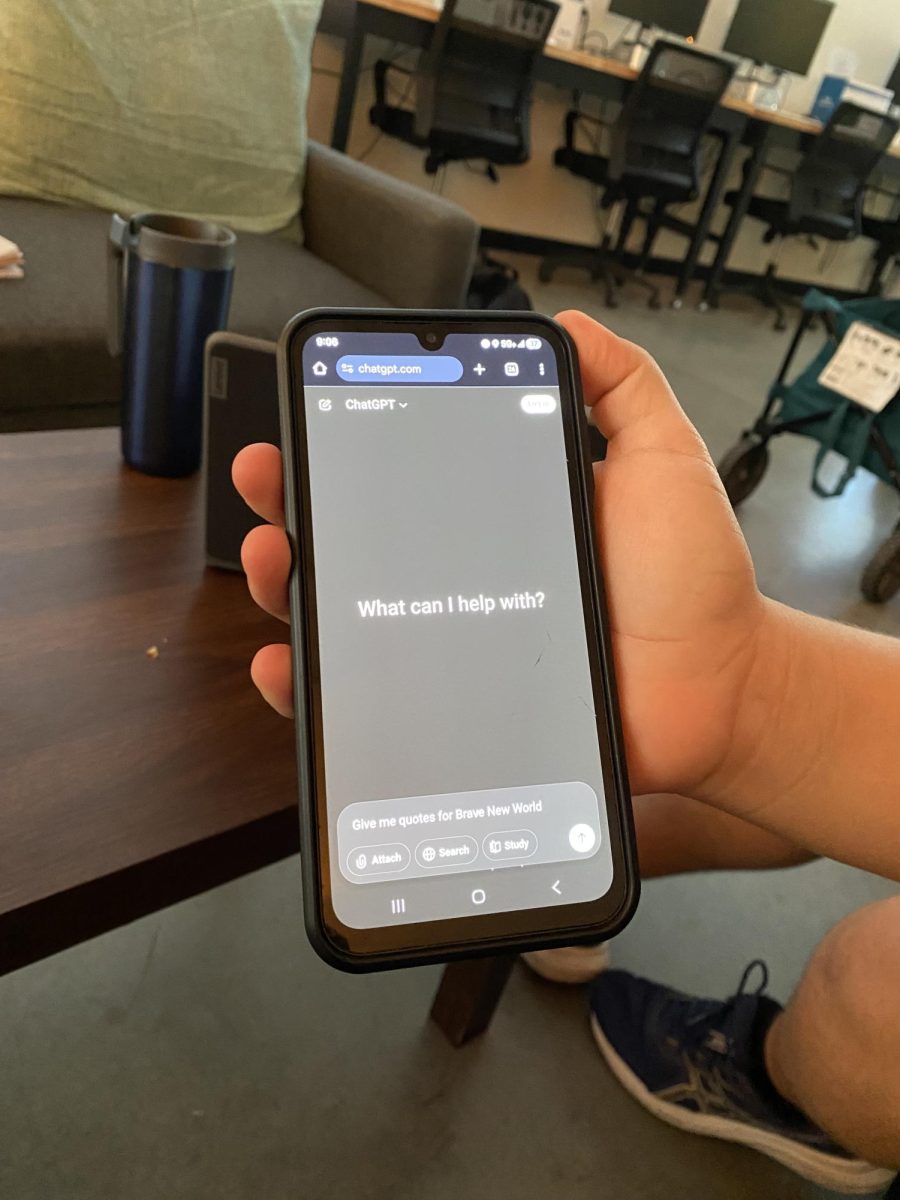Climate Change
As political leaders continue to debate solutions to the country’s most pressing issues, one group’s voice often goes unheard: teenagers. But as the next generation of voters, students are not only concerned about their futures, they’re also keenly aware of the challenges they face today. From climate change to women’s health care in Colorado, and the impact of social media on mental health.
For many high school students, climate change is not just an abstract issue; it’s a crisis that feels increasingly personal. In a 2023 survey of U.S. teens, over 70% said they were “very worried” about the effects of climate change, citing extreme weather events, wildfires, and the ongoing loss of biodiversity.
“I think Climate Change is a big issue,” said freshman Finley Arnett, “It’s important that we do something now so we don’t have to worry about it later.” Colorado, with its increasing wildfire risks and melting mountain snowpack, is particularly vulnerable to climate change, along with every other part of the world.
Women’s Health Care
In Colorado, women’s health care has been a hot-button issue since the Supreme Court’s 2022 overturning of Roe v. Wade. With state lawmakers taking varying approaches to reproductive rights, many young women feel uncertain about what their futures will look like in terms of health care access.
In Colorado, abortion remains legal, and there have been efforts to protect reproductive rights, but Austin felt that there’s a lack of education and support surrounding women’s health issues—especially regarding contraception, maternal health care, and mental health services.
Social Media + Mental Health
Perhaps one of the most universal issues among teens today is the impact of social media on mental health. According to the American Psychological Association, social media can be a double-edged sword, fostering connection and creativity, but also contributing to anxiety, depression, and low self-esteem.
Mental health has gained more attention in recent years, especially among young people. The pressures of academic success, social media, and general life stressors have made mental health a critical issue for teenagers. The COVID-19 pandemic only exacerbated the mental health crisis, highlighting the need for better resources and support systems for young people.
Still, many students feel that political leaders aren’t prioritizing mental health in a meaningful way. “It’s nice that mental health is talked about more, but the resources that are offered are scary to reach out to and I feel like there’s a lot of stigma around reaching out.”
Are political leaders listening?
While Colorado is often seen as a progressive state, students remain wary of whether their voices are truly being heard by those in power. For many, the growing awareness of these issues isn’t matched by the level of attention from political leaders.
While some students expressed frustration, Austin shared hope; Colorado Amendment 79, the Right to Abortion and Health Insurance Coverage Initiative, was on the ballot in Colorado as an initiated constitutional amendment on November 5, 2024. It was approved. Austin saying it showed that political leaders are doing some things to help move us forward.
On climate change, the students that were interviewed were frustrated by the lack of progress in implementing meaningful solutions, despite growing awareness and activism around the issue. Similarly, when it comes to women’s healthcare, many students feel that political leaders are more focused on political debates than on ensuring that women have access to the healthcare they need. In the area of mental health, students express disappointment that while mental health has gained more visibility in public discussions, access to necessary resources remains limited, especially in schools.















